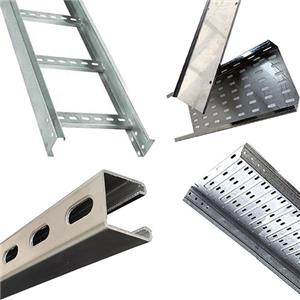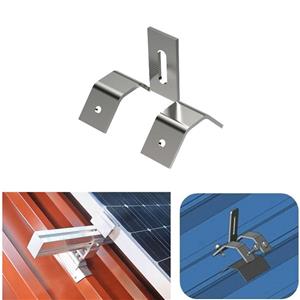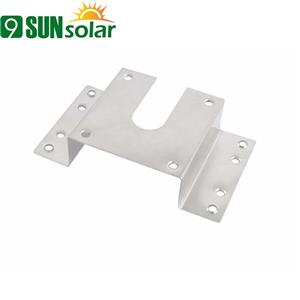Solar Balcony Racks: Unlocking Renewable Energy at Your Fingertips
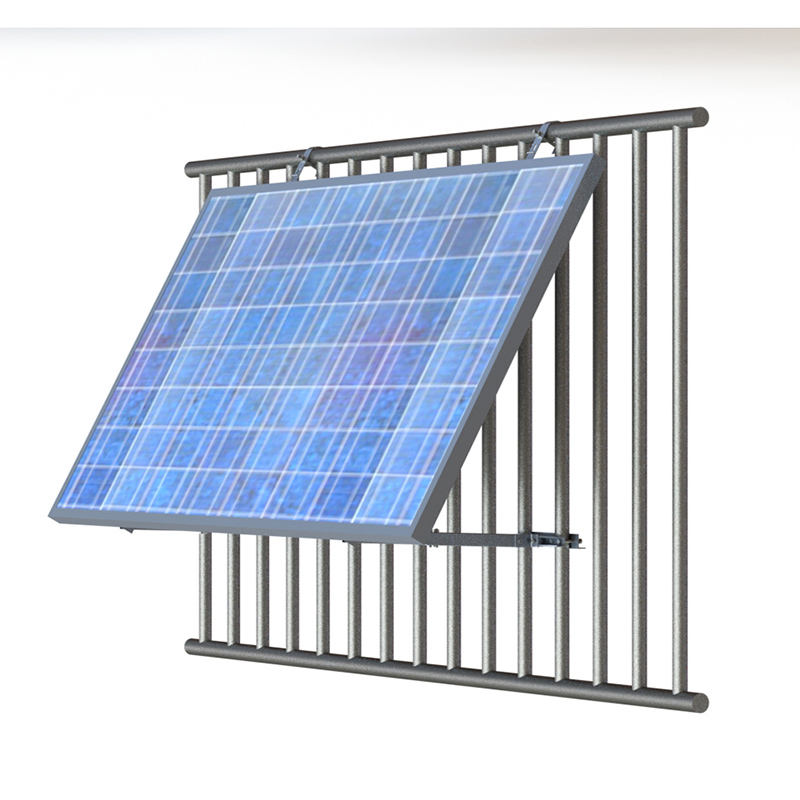
What Are Solar Balcony Racks?
Setting up solar balcony racks is fairly simple. First, the rack is fastened to the balcony—whether to the railing, wall, or floor, depending on its design. Onc firmly installed solar panels are attached to it. The panels absorb sunlight, which is packed with photons. These photons dislodge electrons from atoms in the panel’s semiconductor material, generating an electric current. This direct current (DC) is then turned into alternating current (AC) via an inverter, ready to power everything from lamps to kitchen gadgets.
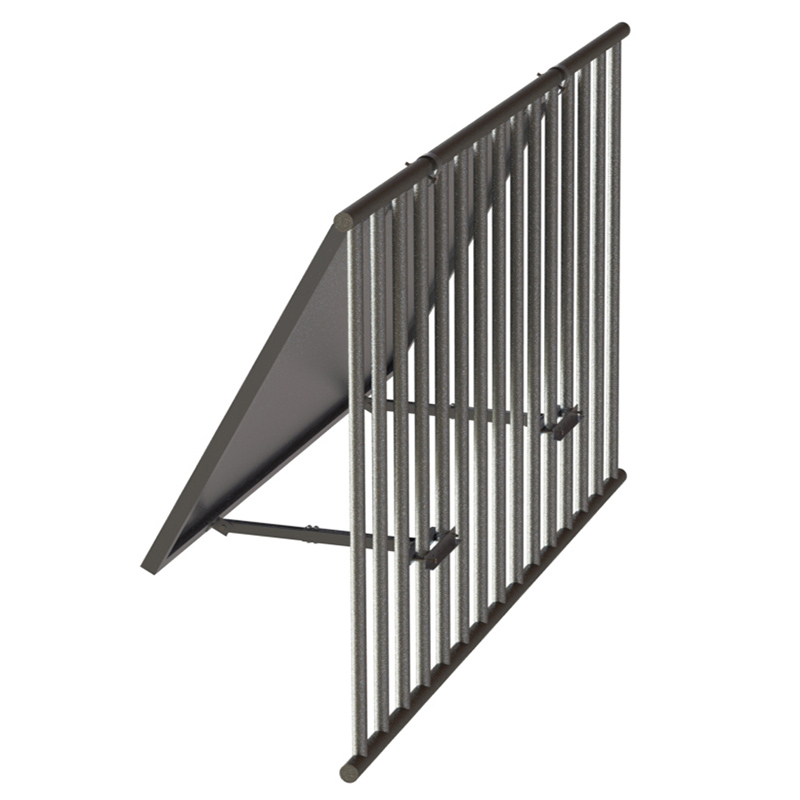
Maximizing Unused Space
Balconies often go underused, but solar balcony racks let you make the most of this outdoor area. They don’t take up extra land or roof space, which is a big win in crowded cities where space is hard to come by. Whether you live in a tiny apartment or a house with a small roof, your balcony can now do double duty as an energy producer.
Cutting Energy Costs
Generating your own electricity with balcony - mounted solar panels means less dependence on the grid—and lower monthly energy bills. As utility prices keep climbing, having your own solar setup acts as a shield against these hikes. What’s more, many places offer incentives or feed - in tariffs for renewable energy producers, making solar balcony racks even more economical.
Boosting Eco - Friendliness
Solar power is clean and renewable. By using solar balcony racks, you shrink your carbon footprint. Instead of relying on fossil fuels that pump out greenhouse gases, you’re using the sun’s energy—no harmful emissions included. This small switch helps keep the planet cleaner and fights climate change.
Simple to Set Up
Many solar balcony racks are designed for easy installation. They often come with pre - put - together parts and clear step - by - step guides, so even homeowners without solar experience can install them. If you’d rather hire a pro, the process is still faster and simpler than big rooftop projects.
Versatile and Customizable
These racks are highly adaptable. They fit different balcony sizes, shapes, and directions. Some even let you adjust the panel angle, so you can get the most sunlight no matter the time of day or season. This flexibility ensures you’re not wasting any available sunshine, no matter what your balcony is like.
Built to Last
Made from top - notch materials such as rust - resistant aluminum or stainless steel, solar balcony racks can handle all kinds of weather. They stand up to strong winds, heavy rain, snow, and intense sunlight without wearing down. Once installed, they’ll support your panels reliably for decades—usually 20 to 30 years or more.
Check Your Balcony’s Load - Bearing Capability
Before buying, find out how much weight your balcony can safely hold. This includes the rack, panels, and extras like inverters. Look at your building’s specs or ask a structural engineer for the limit. Overloading is dangerous, so pick a rack and panels that stay under this weight. For example, if your balcony can hold 200 kg, the total weight of your setup must be less than that.
Map Out Your Balcony’s Dimensions
Measure your balcony’s length, width, and height accurately. Note any obstacles—railings, walls, or furniture—that might get in the way. Racks are made for specific sizes and shapes. A narrow balcony needs a compact rack, while a larger one can handle a bigger system. Make sure the panels won’t block your way or ruin how you use the balcony.
Study Sunlight Patterns
Watch how much sun your balcony gets each day and which direction it faces (north, south, east, west). In most places, south - facing balconies get the most sun, but this varies by location. If your balcony is partly shaded, get a rack with adjustable angles. This lets you tilt the panels to catch as much sun as possible—like adjusting for morning light on an east - facing balcony.
Think About Local Weather
Your area’s climate matters. If you get strong winds, heavy snow, or extreme temps, pick a rack made of tough materials like stainless steel. Wind - resistant designs with strong anchors are a must in windy spots to keep the rack and panels secure. In snowy areas, a rack that lets snow slide off panels will help them work better.
Set a Budget
Solar balcony racks come in different price ranges, based on material, design, and adjustability. Decide how much you can spend and look for a rack that balances quality and cost. Cheap racks might save money now but could wear out faster. A higher - quality rack will perform better and last longer, saving you money in the long run.
Ensure Compatibility with Panels
Make sure the rack works with the size and weight of your solar panels. Panels come in different sizes and weights, so the rack’s specs must match. Most brands list which panels fit their racks, so check that before buying.
Look at Installation Needs
Decide if you’ll install it yourself or hire someone. Some racks are DIY - friendly with simple tools and clear instructions. If you want a pro, make sure the rack is common among installers and they know how to work with it.
Home Use
In houses and apartments, these racks can power lights, fans, small kitchen appliances, and even charge electric cars (if the system is big enough). They save money and give you more control over your energy.
Urban Developments
High - rise apartments, condos, and even city offices can benefit. Installing panels on balconies cuts overall energy use and makes cities greener. Building owners might also lower their electricity costs, making it a smart financial move.
Remote or Off - Grid Spots
For cabins, campsites, or areas with spotty grid access, solar balcony racks are a reliable power source. They provide electricity for lights, charging devices, and small appliances, making off - grid living easier and more sustainable.

